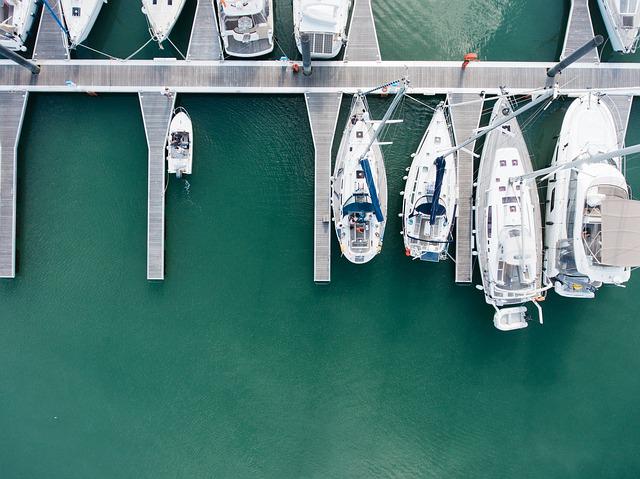
Without proper protection, corrosion can destroy propellers, hull fittings, and any other submerged metal on the exterior or interior of a boat
As boating season gets underway, one problem many boaters face is corrosion. Without proper protection, corrosion can destroy propellers, hull fittings, and any other submerged metal on the exterior or interior of a boat. Corroded metal is found below the waterline where it can’t be seen, so problems arise before boaters notice anything is wrong. Additionally, finding and eliminating the source of corrosion can be very difficult. Regularly maintained corrosion protection devices prevent these issues on your boat. Keep reading to learn more about the importance of galvanic isolators.
What is Corrosion?
To prevent corrosion, we have to understand how it happens. Anything that causes an electric current in a submerged metal will speed up corrosion. Preventing electricity from flowing prevents corrosion.
But what situations can cause this? Salt water increases corrosion because salt water conducts electricity better than fresh water. If submerged near each other, different metals will naturally create a battery effect with their small currents, called galvanic corrosion. Stray currents are created by various electrical issues, such as a high voltage wire submerged in the water, which causes rapid corrosion.
How do Galvanic Isolators Work?
A galvanic isolator is a one-way avenue for low voltage DC current. Isolators installed in the shore power ground wire keep the stray voltage from entering the boat through the ground wire and exiting through grounded underwater metal, damaging that metal in the process. At the same time, galvanic isolators allow AC shorts and faults a way out of the boat and back to ground at the shore transformer. They break the corrosion current path and isolate your vessel, preventing some sources of corrosion while keeping the safety grounding connected.
Why are Galvanic Isolators Important?
A shore ground wire is connected to the ground of the transformer on shore, providing power to all boats on the dock. This ground wire connects to all the ground wires from the other ships in the marina using the same transformer. DC voltage can leak into this ground from other boats close by. Another ship may have a DC leak into their ground, which will flow to all vessels nearby. This often happens when another ship uses a low-quality battery charger or has a DC fault. Even if there are no faults on any boats near you, stray current can still be caused by the imbalance of underwater metals. Any imbalance can cause small amounts of DC current to flow from one boat to another.
This is where a galvanic isolator comes in. It blocks any low voltage DC current from getting into your boat’s ground system. If this current comes into your ship through the common ground, it will find a way out through your grounded underwater metal. When this happens, it takes particles of the metal with it damaging and weakening that metal. Zinc, magnesium, or aluminum anodes protect underwater metals from some unbalance. Still, when outside currents are introduced, these anodes are quickly wasted away trying to protect you from other boats’ metals.
Marine Electric Systems, LLC is a Leader In the Maritime Industry
We here at Marine Electric Systems have over 30 years of industry experience. You can trust our team for reliable service and expert craftsmanship in the Maryland, Baltimore, Annapolis, and Baltimore city areas! We’re highly certified and adhere to all ABYC and NMEA regulations. We specialize in top-notch electrical solutions for recreational, commercial, and government boating clients. Anything from electrical refits, to navigation systems, or boating maintenance. To stay up to date on our services, follow us on Facebook, LinkedIn, Pinterest, Instagram, and YouTube. You can also contact us at 410-263-0807.
